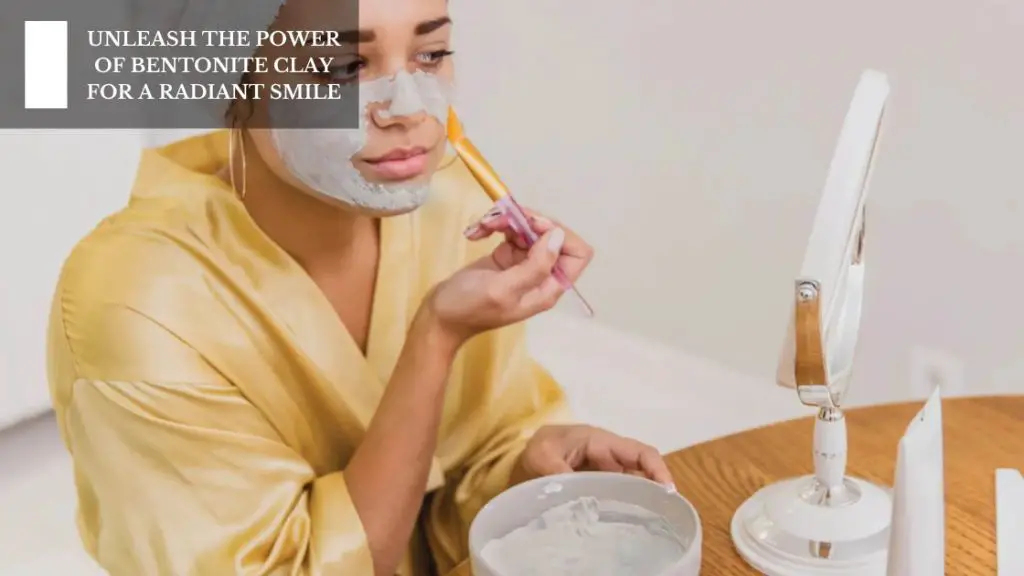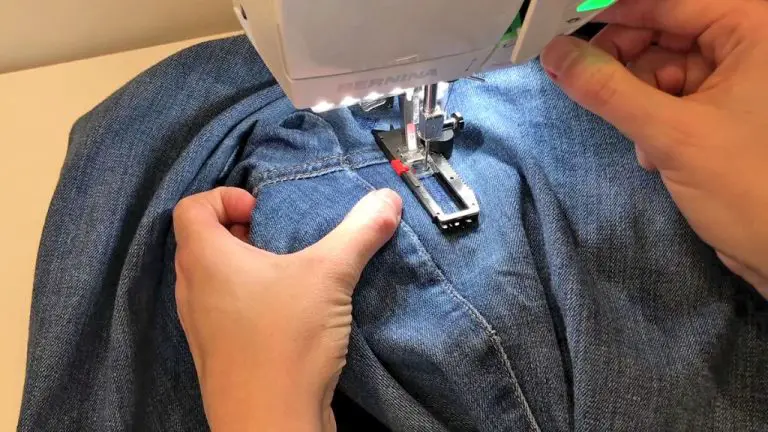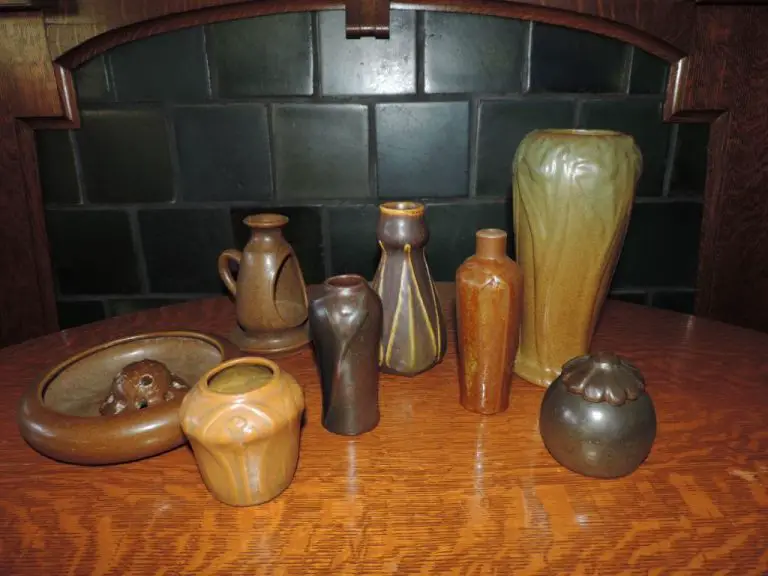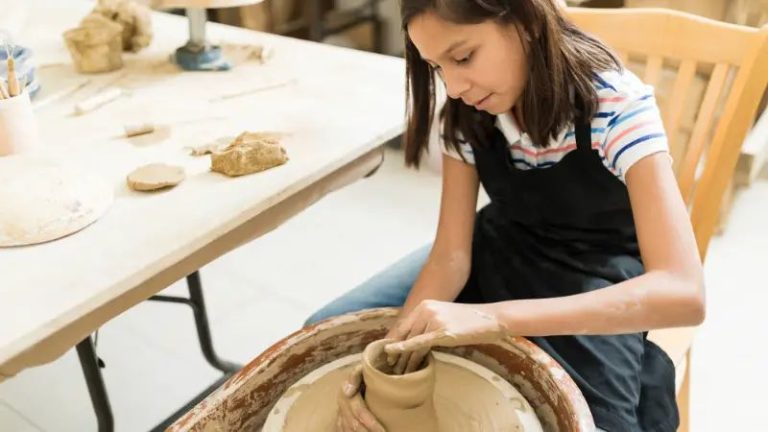What Is Bentonite Clay Powder Used For?
Bentonite clay is a soft clay composed mainly of montmorillonite. It forms from weathering volcanic ash and is usually grayish-green in color. The name comes from the Fort Benton Formation in Wyoming where it was first identified. Bentonite has unique properties that make it useful for a variety of purposes.
Some of the key characteristics of bentonite clay include:
- Absorbs and binds to toxins, heavy metals, and impurities
- Has a strong negative electromagnetic charge which bonds to positively charged particles
- When mixed with water forms a thick viscous paste
- Has high swelling capacity
Due to these properties, bentonite clay is commonly used for skin care, digestive health, oral health, hair care, and DIY projects around the home. It can be used for baths, soaks, face masks, toothpaste, shampoos,scrubs, and is even safe for pets. Bentonite clay has gained popularity as a versatile natural remedy and purifying agent.
Skin Care
Bentonite clay can provide several benefits for skin care due to its ability to absorb toxins and reduce inflammation. When applied topically as a face mask, bentonite clay may help treat acne breakouts, soothe irritation, and cleanse oily skin.
According to Medical News Today, bentonite clay’s adsorbent power helps remove sebum, or oil, from the skin’s surface. This makes it effective for treating acne and oily skin (Medical News Today, https://www.medicalnewstoday.com/articles/325241). The clay’s absorbent properties allow it to draw out impurities from the skin while delivering minerals.
Bentonite clay also has anti-inflammatory properties that may reduce redness, irritation, and inflammation associated with acne, rashes, eczema, etc. Skinkraft notes that the clay calms skin inflammation and rashes caused by poison ivy when used as a topical treatment (Skinkraft, https://skinkraft.com/blogs/articles/bentonite-clay-skin-benefits).
To use bentonite clay for skin care, mix the powder with water to create a paste-like mask. Apply the mask to clean skin, let it dry, then rinse it off. The clay mask can help purify pores, absorb excess oil, and calm inflammation.
Digestive Health
Bentonite clay may help regulate digestion due to its ability to absorb toxins and impurities from the gastrointestinal tract. Some key benefits for digestive health include:
Detoxification – Bentonite clay is known as a detoxifying agent. It has a strong negative charge which bonds to positively charged toxins and helps remove them from the body. This may help relieve symptoms of bloating, constipation, and diarrhea during a detox.
Diarrhea relief – The absorptive properties of bentonite clay can help solidify stools and relieve diarrhea. A study found that the clay was effective at reducing rotavirus infection which causes diarrhea in children.
Relieves constipation – By absorbing water in the intestines, the clay can help bulk up stools and stimulate bowel movements to relieve constipation.
Improves gut bacteria – Some research indicates the clay may help remove unhealthy bacteria and promote the growth of beneficial gut bacteria. However, more studies are needed in this area.
While bentonite clay has promising benefits for digestion, it’s best to start with small doses to assess tolerance. Some people may experience side effects like constipation or bloating. It should also be taken at least 1 hour before medications or supplements since it can reduce their absorption.
Sources:
https://www.ncbi.nlm.nih.gov/pmc/articles/PMC5632318/
https://www.medicalnewstoday.com/articles/325241
Oral Health
Bentonite clay can provide various oral health benefits when used properly. Some of the ways bentonite clay may improve oral health include:
Teeth Whitening – Bentonite clay is abrasive enough to remove stains on teeth, yet gentle enough not to damage enamel. When mixed with water into a paste, bentonite can polish and brighten teeth. However, it should not fully replace regular brushing and flossing.[1]
Plaque Removal – The minerals in bentonite clay have antimicrobial properties that combat bacteria in the mouth. Using a bentonite paste helps disrupt dental plaque, removing buildup from teeth.[2]

Gum Health – Bentonite clay’s absorption powers allow it to draw out toxins from gums. This helps reduce gum inflammation and sensitivity. A bentonite mouth rinse can soothe irritated gums.[3]
However, bentonite should not be over-used or swallowed. Always consult your dentist before trying new oral treatments. Proper research and caution is advised.
[1] https://truthpaste.co.uk/blogs/behind-the-truth/benefits-of-bentonite-for-oral-health
[2] https://www.faithful-to-nature.co.za/blog/how-bentonite-clay-benefits-oral-health/
[3] https://truthpaste.co.uk/blogs/behind-the-truth/benefits-of-bentonite-for-oral-health
Hair Care
Bentonite clay can be used in hair masks to help condition, add shine, and relieve dandruff. When used on the scalp and hair, bentonite clay is thought to help remove excess oils and product buildup, gently exfoliate, and stimulate circulation to the scalp. This can help promote shiny, healthy hair and alleviate dandruff.
To make a bentonite clay hair mask, combine bentonite clay powder with water or apple cider vinegar to form a thick paste. Apply this paste thoroughly to the hair and scalp, allowing it to sit for 5-15 minutes before rinsing. The clay’s negatively charged ions help attract and remove positively charged impurities from the hair strands.
Studies on the effects of bentonite clay specifically for hair are limited. However, there is anecdotal evidence that bentonite clay masks can leave hair softer, shinier, and less prone to breakage and split ends. Always patch test bentonite clay masks before full application to avoid adverse reactions. Use no more than 1-2 times per week for best results.
Baths and Soaks
One of the most popular uses for bentonite clay is in full-body baths and soaks to help detoxify and rejuvenate the skin. When bentonite clay is mixed with water, it takes on an electrical charge that allows it to bind to toxins and impurities on the skin. The clay is then able to gently draw out these impurities as it is rinsed away, leaving skin purified and revitalized.
To prepare a detoxifying bentonite clay bath, mix 1-2 cups of bentonite clay powder into a warm bath and soak for at least 20 minutes. The clay will draw out toxins, metals, chemicals, and other impurities from the skin, providing a deep cleansing effect. Studies have found that regular bentonite clay baths can help remove lead, mercury, and cadmium from the body that has accumulated from environmental exposure.
For maximum detoxification, take a bentonite clay bath 2-3 times a week. Be sure to stay hydrated by drinking plenty of water before and after. Those with sensitivity to clay should test a small amount on the skin before fully submerging in a bath.
Some people also create bentonite clay bath bombs or mix the clay into foot soaks. When used regularly, bentonite clay baths, soaks, and bombs provide a safe and gentle way to detox the entire body.
Around the House
Bentonite clay can be very useful around the house in various ways. One of the most common uses is as a natural clumping agent for cat litter. The clay forms clumps when wet that can be easily scooped out of the litter box. This makes cleaning up after pets much easier. Bentonite clay litters are also more environmentally friendly than traditional clay litters (1).
The clay can also be used as a natural cleaning and polishing agent. It can be mixed with vinegar and water to make an all-purpose cleaner, or sprinkled on surfaces as a scouring powder. When wet, bentonite clay has mildly abrasive properties that help lift dirt, grease, and stains from surfaces. It leaves behind a polished shine without the use of chemical cleaners (2).
Bentonite clay can even serve as a fabric softener alternative. Adding a bit of the powder to the rinse cycle will help soften laundry without chemicals. The clay particles are negatively charged and attach themselves to the positively charged fibers of fabric. This helps reduce static cling in clothes as they dry (2).
With its absorbent and cleaning properties, bentonite clay has many versatile uses for eco-friendly cleaning and laundry.
For Pets
Bentonite clay can provide many benefits for dogs and cats. According to Dog’s Naturally, bentonite clay can help heal skin issues, parasites, diarrhea, vomiting, and more in dogs. When ingested, bentonite clay can help remove toxins, provide nutrients, and soothe digestive issues like constipation, bloating, and gas. Applied topically, bentonite clay can reduce skin irritation, rashes, hot spots, and flea/tick bites.
Bentonite clay is also safe for cats when used properly. It can help relieve skin allergies, treat upper respiratory infections, and remove hairballs when mixed with cat’s food. Always consult your veterinarian before using bentonite clay for pets, and introduce it gradually to monitor for side effects. Only use food-grade bentonite clay products made for animal consumption. Give 1/4-1 tsp doses initially and increase slowly up to 1 tbsp as tolerated. Give bentonite clay 2 hours away from medications or other supplements. Hydrate pets well when giving bentonite clay internally.
Side Effects and Precautions
Bentonite clay is generally considered safe when used appropriately. However, there are some potential side effects and precautions to be aware of:
Safe dosage – It’s recommended to start with 1/2 teaspoon of bentonite clay mixed in water per day and gradually increase to 1-2 tablespoons maximum. Taking larger amounts may lead to constipation and nutrient deficiencies (1).
Interactions – Bentonite clay may bind to medications and supplements, reducing their absorption and effectiveness. Take bentonite clay at least 2 hours before or after medications (2).
Contraindications – Bentonite clay may not be suitable for those with kidney disease, appendicitis, or a history of intestinal blockage. It’s also not recommended for pregnant or breastfeeding women due to lack of safety research (3).
Always speak with your healthcare provider before starting bentonite clay, especially if you have any medical conditions or take medications. Start slowly and monitor for any side effects.
(1) https://www.healthline.com/health/calcium-bentonite-clay
(2) https://longevity.technology/lifestyle/bentonite-clay-benefits-types-side-effects-how-to-use/
(3) https://www.medicalnewstoday.com/articles/325241
Conclusion
Bentonite clay powder is a versatile natural product that has a wide variety of uses and benefits. It’s ability to absorb toxins and impurities makes it beneficial for skin care, hair care, dental care, digestive health and even household uses. When used externally, bentonite clay can help cleanse and nourish skin and hair. When ingested, it can help remove toxins, soothe digestive issues, and promote oral hygiene. Bentonite clay baths and soaks provide full body relaxation and detoxification benefits. Around the house, bentonite clay can be used for natural cleaning, pet care, gardening and more. While generally safe, bentonite clay should be used cautiously by those with sensitivities or chronic health conditions. When used according to directions, bentonite clay powder is an affordable and effective natural product for health, beauty and home use.




